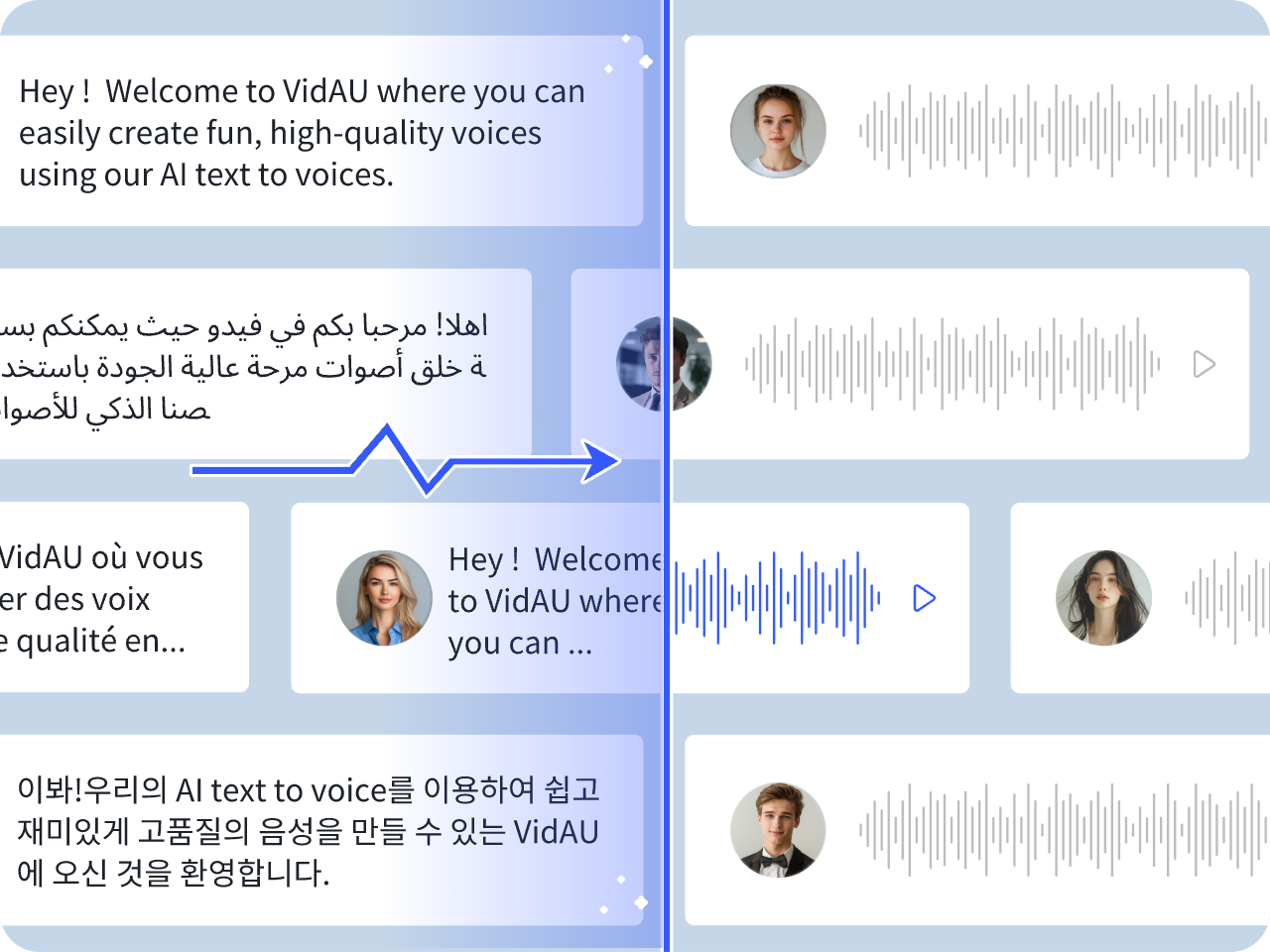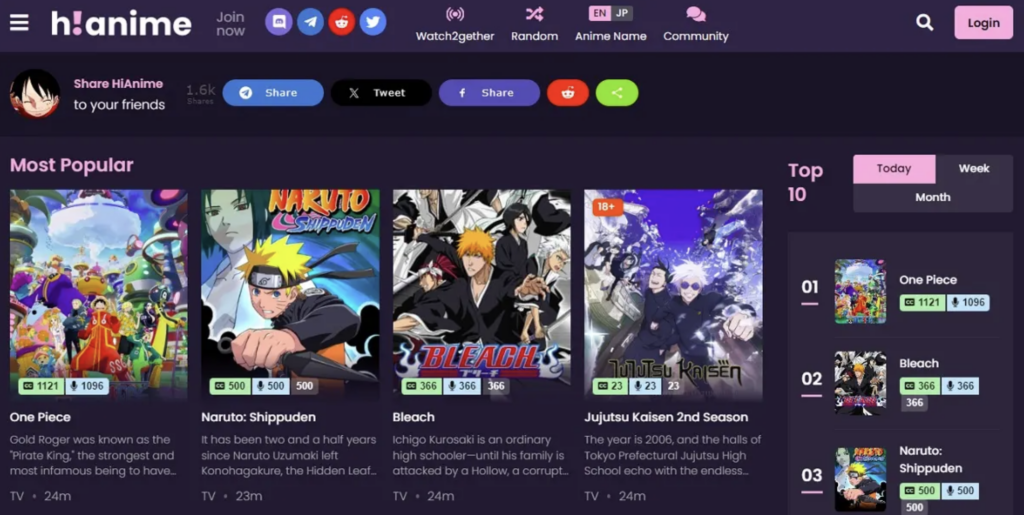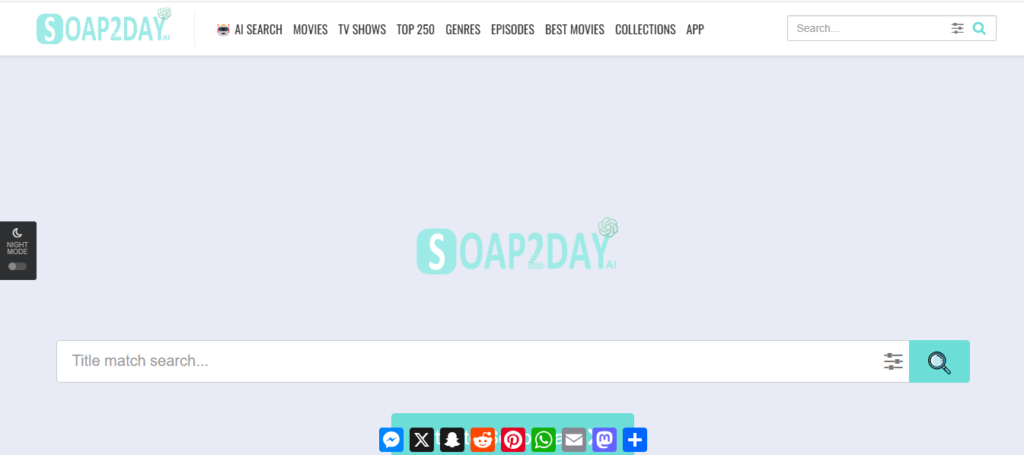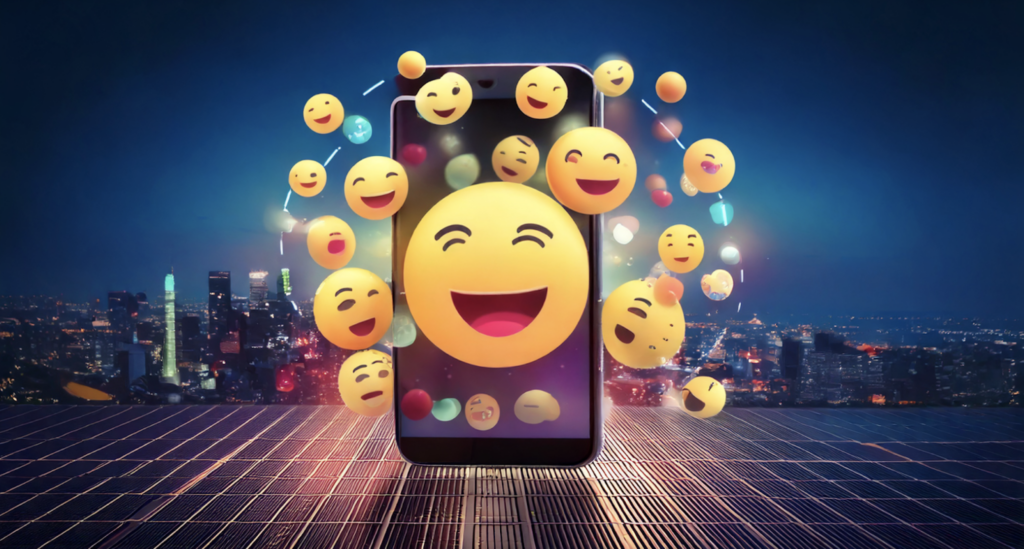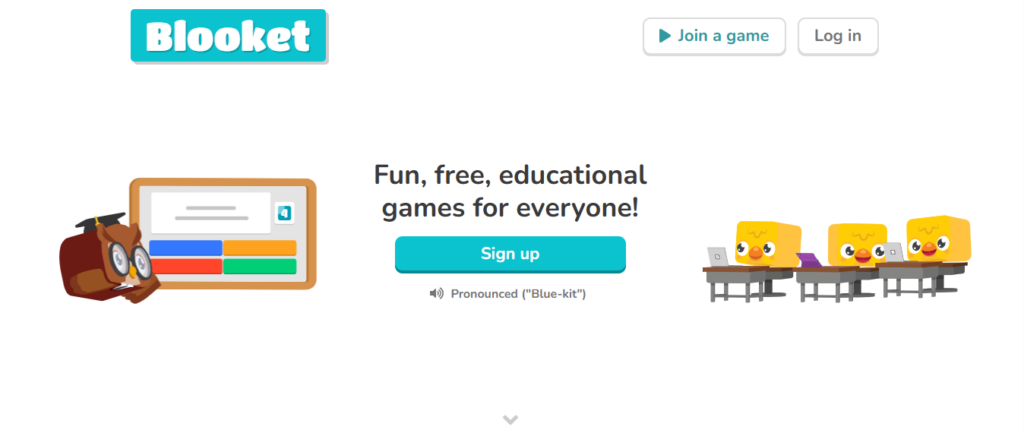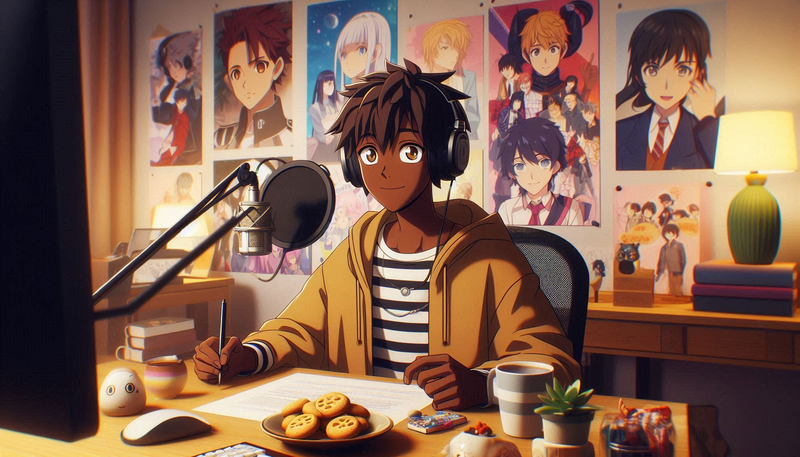
How Does the Voice Acting Industry Without Audio Cloning Work?
Traditional Workflow in Voice Acting
Before AI took the stage, voice acting was a meticulous and time-consuming process. It includes the following steps:
- Casting Process: The process started with casting. In this process, voice actors would audition for roles. They often send in demo reels to showcase their vocal range and acting abilities.
- Script Analysis: Once cast, actors would receive scripts and spend time analyzing the script. They need to go through dialogues, character motivations, and emotional beats to prepare for recording.
- In-Studio Recording: Voice actors spend hours in a recording studio. They keep delivering lines in various tones and styles until the perfect take is captured.
- Audio Editing: Director, post-recording, sound engineers would edit the audio. They need to remove any mistakes, adjust levels, and refine the performance in post-production.
For many people, the whole sound processing can be exhausting. This traditional workflow demanded not only a high level of skill from the actor but also significant time and resources.
Challenges Faced in the Industry
Despite the talent involved, the voice acting industry has its fair share of challenges.
Coordinating schedules among voice actors, directors, and recording studios is a complex task. It often leads to delays and the need for rescheduling. This, in turn, affects the project timelines and can cause significant disruptions to the production process.
Furthermore, voice actors are particularly prone to vocal strain and fatigue. This challenge is especially evident when they are involved in lengthy recording sessions. Maintaining vocal health is very important. However, this can be difficult in a busy production setting.
It can be hard to achieve the same vocal tone in different recording sessions. Maintaining that quality over time is also a challenge. This difficulty can potentially impact the consistency of a character’s portrayal. The inconsistency can affect the audience’s engagement and the overall quality of the project.
Projects that require multiple languages or dialects come with their own challenges. They often need more voice actors or a lot of coaching. This raises costs and lengthens production time, making the project more complicated.
These challenges have been a barrier to efficient production. There is a clear need for new solutions to simplify voice acting and production processes.
Clone My Voice: The Dawn of AI Voice Cloning
Thanks to voice cloning, it’s easier to finish voice acting. Why does voice cloning have such a power? It depends on the technologies it is based on.Let’s have a look.

Audio Synthesis
The idea of being able to “clone my voice” once seemed like pure science fiction. However, advancements in audio synthesis and sound processing have turned it into a tangible reality. Audio synthesis is the process of making audio signals. It can involve creating sounds from nothing or changing existing sounds. This is usually done with electronic devices or computer software. Audio synthesis can also create sounds that resemble human voices. This ability is important for voice cloning.
Voice Replication
Voice replication makes it possible to reproduce the characteristics of a specific person’s voice using technology. It takes audio cloning a step further by refining the AI’s ability to not just imitate, but authentically recreate a voice with precision. This technology ensures that the cloned voice maintains its original characteristics even when used in different contexts, such as reading new scripts or speaking in various languages.Whether it’s for content creation, accessibility, or entertainment, the ability to replicate voices with such high fidelity is revolutionizing the way we interact with audio technology.
Benefits of AI Audio Cloning
The benefits of AI audio cloning are immense. For voice actors, this technology means they can potentially license their voice, allowing it to be used in multiple projects simultaneously without physically being present. This opens up new revenue streams and reduces the physical strain associated with continuous voice work. For producers and directors, AI voice cloner technology can reduce production times, cut costs, and eliminate scheduling conflicts, all while maintaining a high-quality audio output. Furthermore, AI audio cloning allows for easy voice replication in different languages, making global projects more seamless.
Simpler Voice Mimicry: Guide for Using AI Voice Cloner in VidAU
Compared with traditional voice acting workflow, VidAU’s voice cloner makes multilingual voice acting much more easy. You don’t have to search for a foreign voice actor for your project. Instead, Video’s voice cloner can clone the voices in the original video, and replicate it in another language.
After collecting a video sample of the voice you want to clone, you upload it to the platform. The AI processes the voice, creating a synthetic model that can then be manipulated to produce new audio clips. The detailed steps are as follows:
